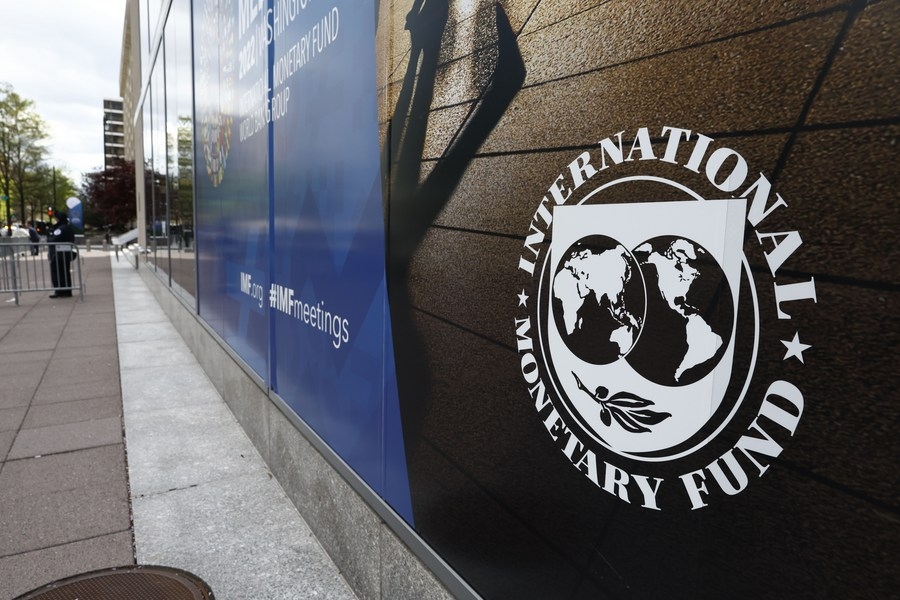While the war in Ukraine and other geopolitical issues were at the fore in Washington, African leaders presented their cases strongly and appealed for the continent not to be forgotten…reports Asian Lite News
Africa’s influence on issues of global importance remains far too narrow for a continent of 1.2 billion people who are bearing the brunt of external shocks, finance ministers said.
“We are at the table and increasingly so, but we occupy a small stool at the table,” Zimbabwean Finance Minister Mthuli Ncube told reporters Saturday after the annual meetings of the International Monetary Fund and World Bank.
“Most of the time we are recipients of support — of aid, of resources — as opposed to the giver of resources to the rest of the world and that creates a naturally uneven relationship, but we should strengthen ourselves and we should be listened to.”
Assistance would be “more impactful” if contributors, including international financial institutions, listened to those they are helping who better understand the conditions on the ground, Ncube said.
Africa’s weight at the table is “very narrow” and it remains “marginalized” even as the continent’s population and youth demographic is second only to Asia, said Situmbeko Musokotwane, Zambia’s finance minister.
Their comments add to the growing list of criticism by African leaders of rich nations in Washington this week as emerging markets deal with the fallout of developed nations’ policy decisions, including aggressive interest-rate hikes by the Federal Reserve that raise loan-servicing costs and have effectively locked some nations out of capital markets.
The Fed’s actions — which strengthened the greenback — also raised the cost of dollar-priced energy and food imports particularly in sub-Saharan Africa, where floods and droughts are adding to price pressures induced by Russia’s war in Ukraine.
Top Kenyan central banker Patrick Njoroge warned that the spillover effects for emerging markets will have costly consequences while South African Finance Minister Enoch Godongwana said this week that the continent’s leaders have little faith in the developed world and that Group of 20 nation’s debt-restructuring mechanism needs to be reformed.
While the war in Ukraine and other geopolitical issues were at the fore in Washington, African leaders presented their cases strongly and appealed for the continent not to be forgotten, said Dier Tong Ngor, South Sudan’s minister of finance and economic planning.
“We can’t expect that the development burden of Africa will be on the shoulders of institutions like the World Bank and IMF and so forth — their resource levels are just too small compared to the needs,” Ngor said. “There’s a disjoint between what we get out of these institutions and what will be required for private sector money to draw in and complement the effect of the public money from these institutions. That is one of the issues that, hopefully, institutions like the World Bank need to listen to very carefully and adjust the way they do the business.”
ALSO READ-WWF calls for robust measures to reverse habitat loss in Africa

